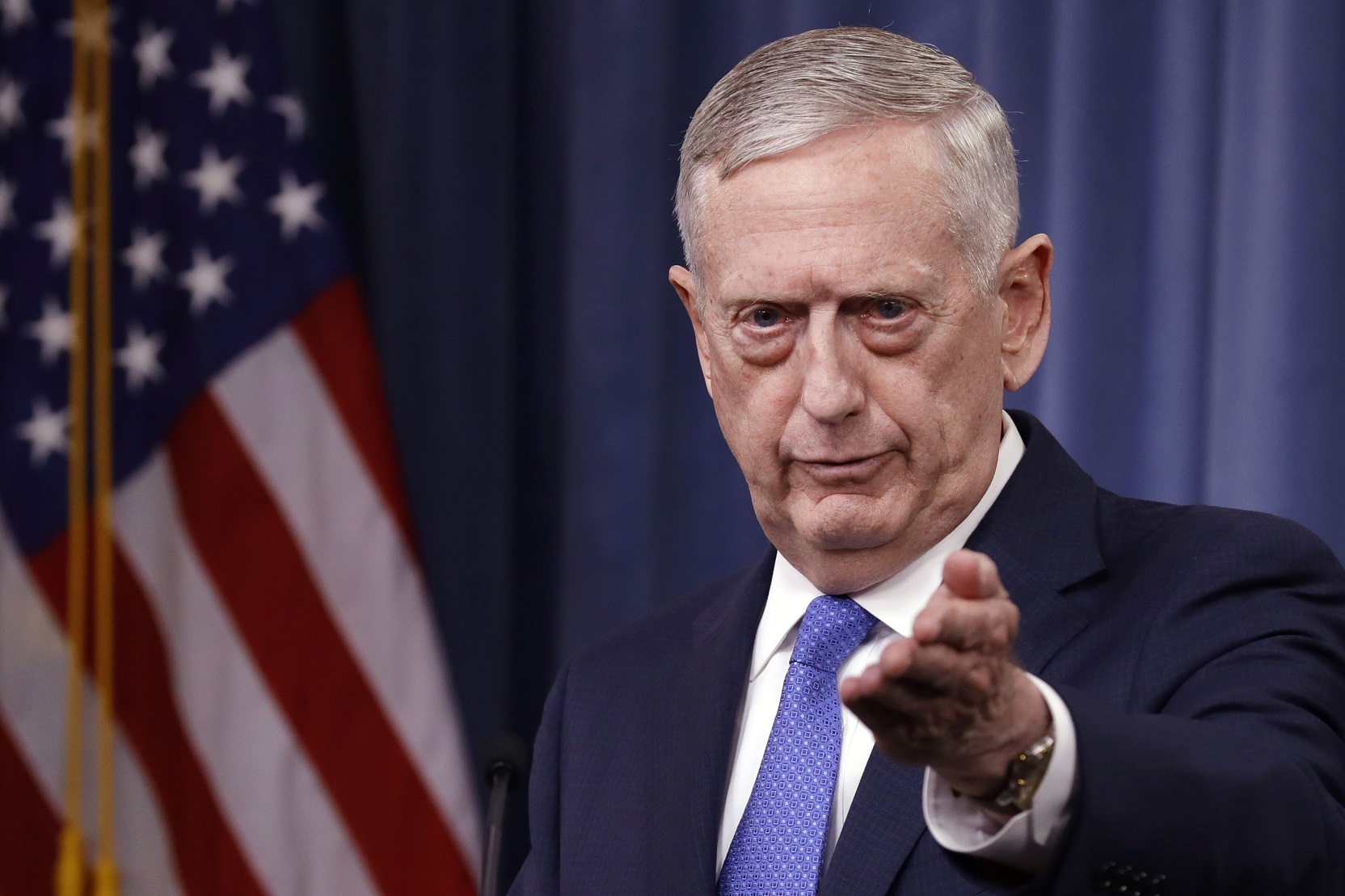
Yao Yunzhu, Retired Major General, Chinese People’s Liberation Army
Jun 12, 2017
The Asia Pacific policy statement had all the core ingredients of the Obama administration, even though labels such as “rebalance” and “pivot to Asia” were missing. While the sense of continuity was reassuring, if the region is looking for creative and new approaches to maintain regional peace and stability, it must have been disappointed.
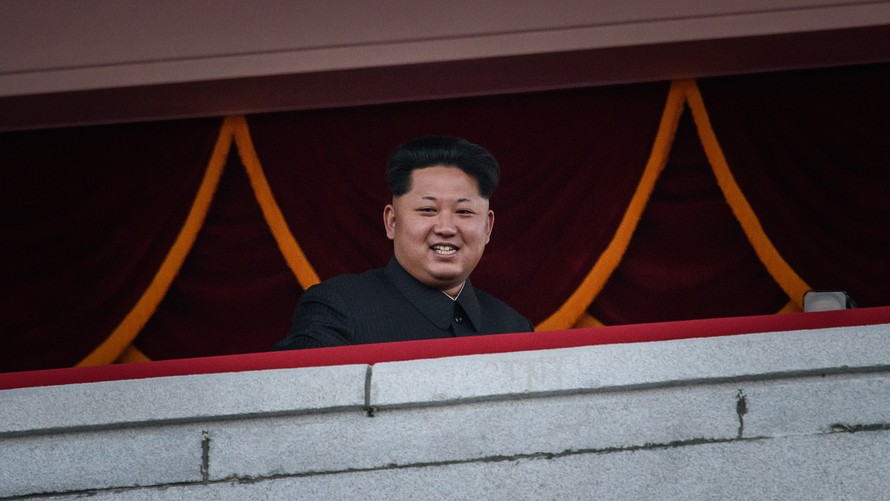
Howard Stoffer, Associate Professor of National Security, University of New Haven
Jun 09, 2017
Doing nothing is not an option. Taking limited steps in the Security Council like the June 2nd U.N. resolution, while welcome, still lack substantive action to drastically alter the security situation on the peninsula. The hair trigger for a misstep and disaster grows tighter every day that Kim Jung-un remains unbound and unrestrained.
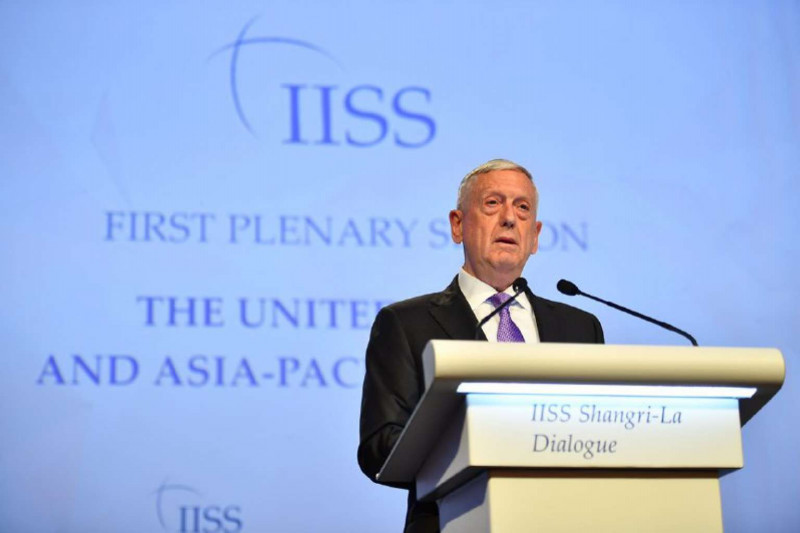
Richard Weitz, Senior Fellow, Hudson Institute
Jun 07, 2017
U.S. Secretary of Defense James Mattis’ speech used the Shangri-La Asia Security Dialogue as a platform to criticize some Chinese actions, but also offer options for cooperation regarding Korea. He reassured allies, reaffirmed alliances, and expressed a generally cooperative stance to resolving international challenges.
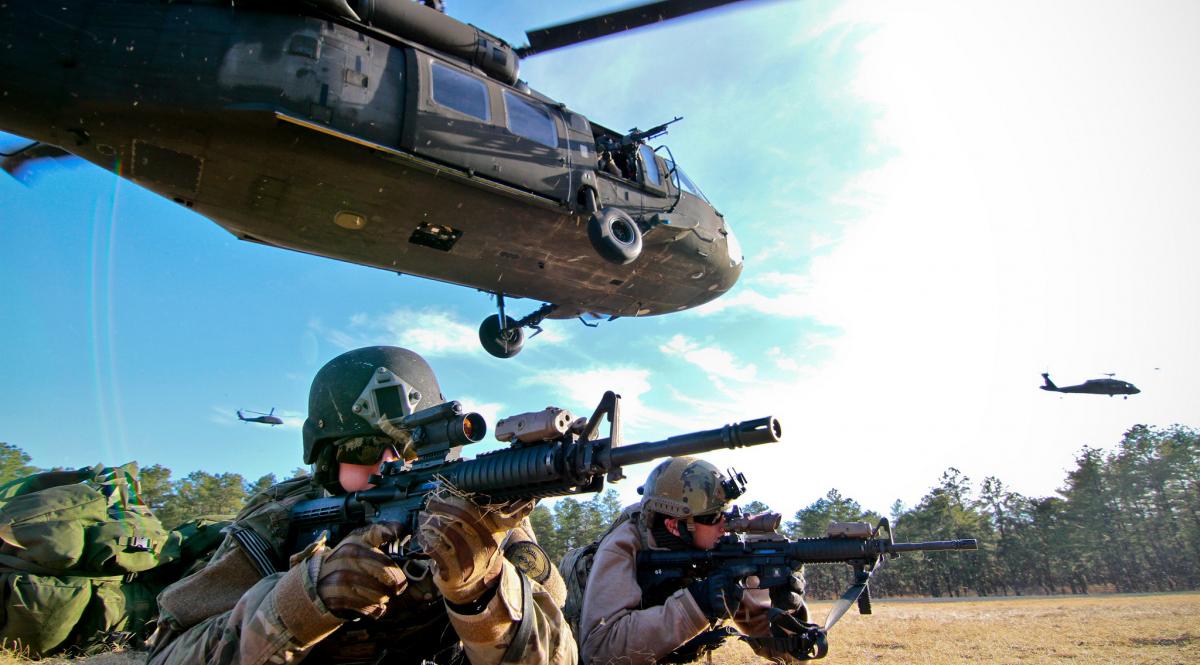
Zhao Weibin, Researcher, PLA Academy of Military Science
Jun 02, 2017
President Trump’s first budget is a preliminary fulfillment of his promises to increase defense spending, improve military readiness, and strengthen the armed forces. But special interests in Congress – and some big legal questions – make its final adoption and form unpredictable.
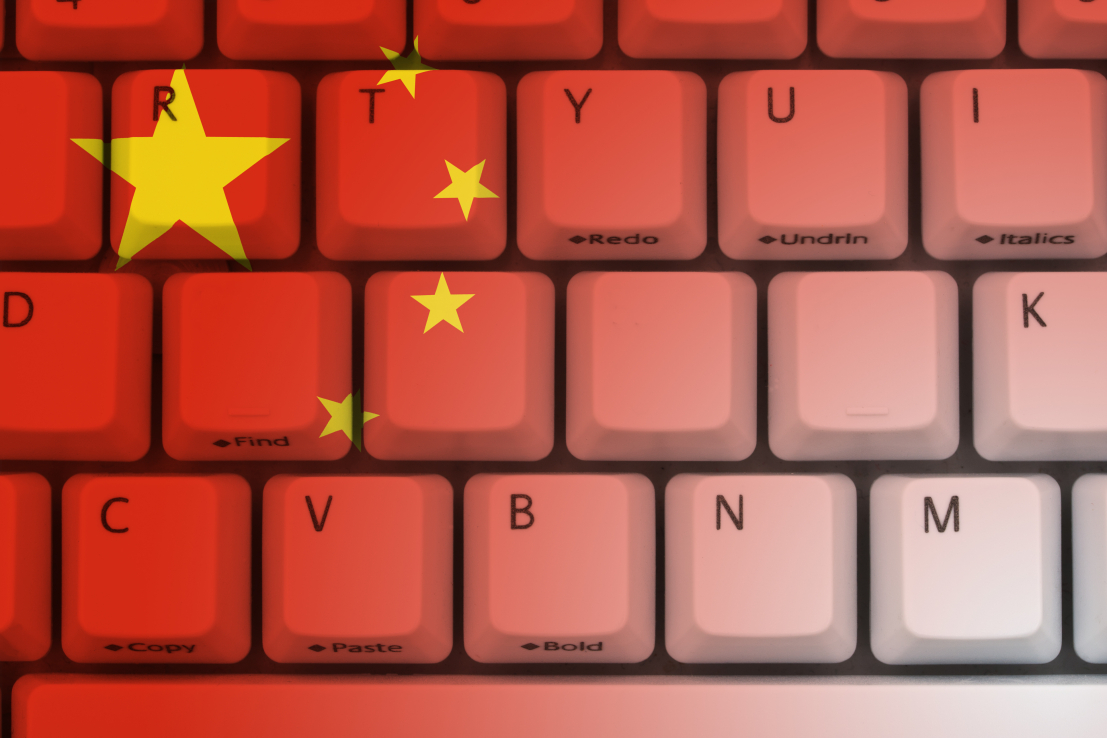
Rogier Creemers, Research Officer, Programme for Comparative Media Law and Policy
Jun 02, 2017
As China’s new Cybersecurity Law is now irrevocably coming into force, the question is more what foreign businesses can do to adapt to or mitigate the law’s effects. China’s political project remains self-generation in all senses of the world, which nearly automatically means limited or controlled engagement with foreign commercial counterparts. Foreign businesses need to understand this in order to position their own potential contribution to that process of development as a path to growth.
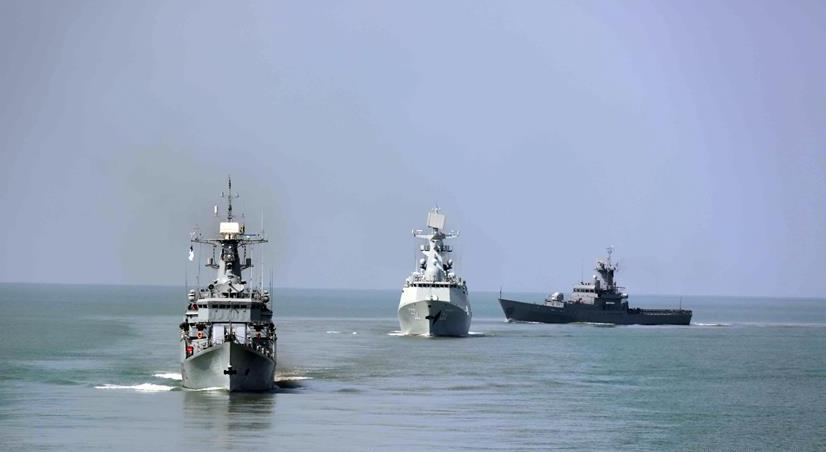
Andrew Ludwig, Junior Fellow of Center for Peace and Conflict Studies
May 29, 2017
The lack of clarity and consistency in the Trump administration’s approach to Asia is creating a security dilemma in the region. U.S. action and inaction has left room for a possible arms race and further instability in the region. The United States must begin consistent policy of engagement and a clear strategic approach in Asia in order to quell the budding security dilemma the current atmosphere presents.
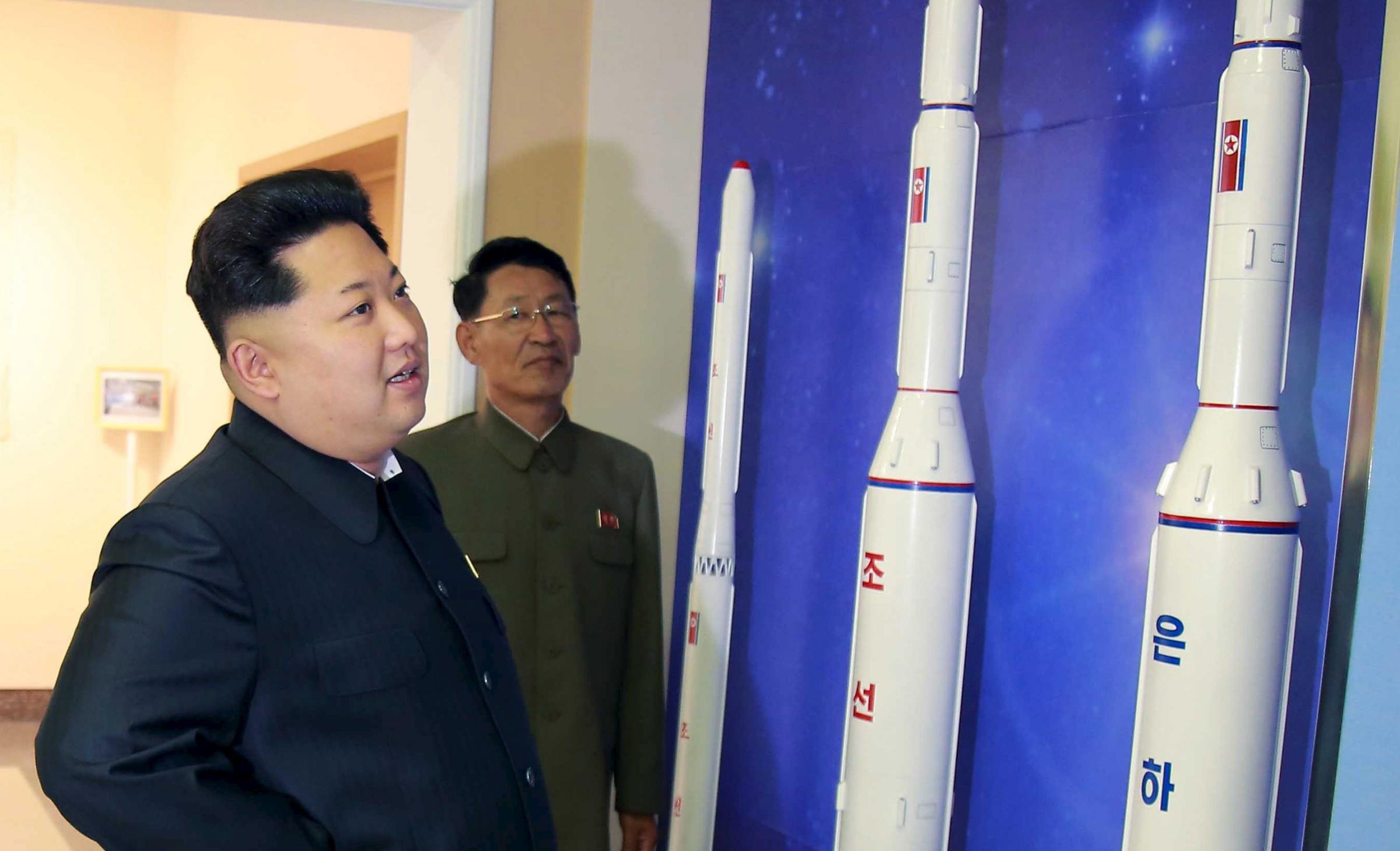
Peter Moody, Professor Emeritus of Political Science, University of Notre Dame
May 29, 2017
Particularly after the election of the progressive Moon Jae-in as president of South Korea, it is opportune to consider whether American policy toward the North is due for a radical rethinking.
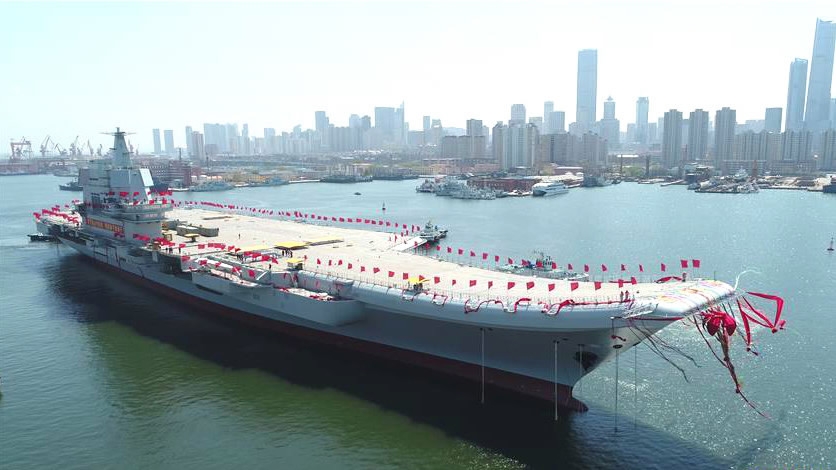
Zhou Bo, Senior Fellow, Center for International Security and Strategy, Tsinghua University
May 26, 2017
Maritime trade accounts for 90% of world trade, therefore international “choke points” like the Strait of Malacca are critically important for China, the largest trading nation in the world. The PLA Navy harbors no ambitions to control these straits, but it doesn’t want the straits to be controlled by others, either. The psychological effect of a Chinese carrier offshore would help “to subdue the enemy without using force”.
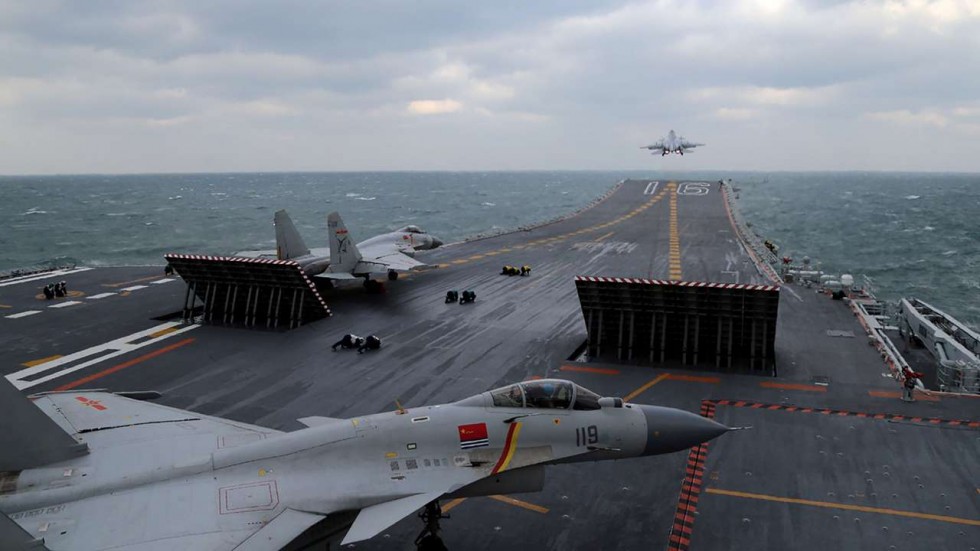
Yun Sun, Director of the China Program and Co-director of the East Asia Program, Stimson Center
May 23, 2017
Two major security concerns, a rising China and a nuclear North Korea, have prompted the Pentagon to endorse a plan to invest $7.5 billion to strengthen the U.S. presence in the Asia-Pacific region over the next five years. However, it remains to be seen how this fits with Trump administration’s broader policy and military posture for the Asia Pacific.
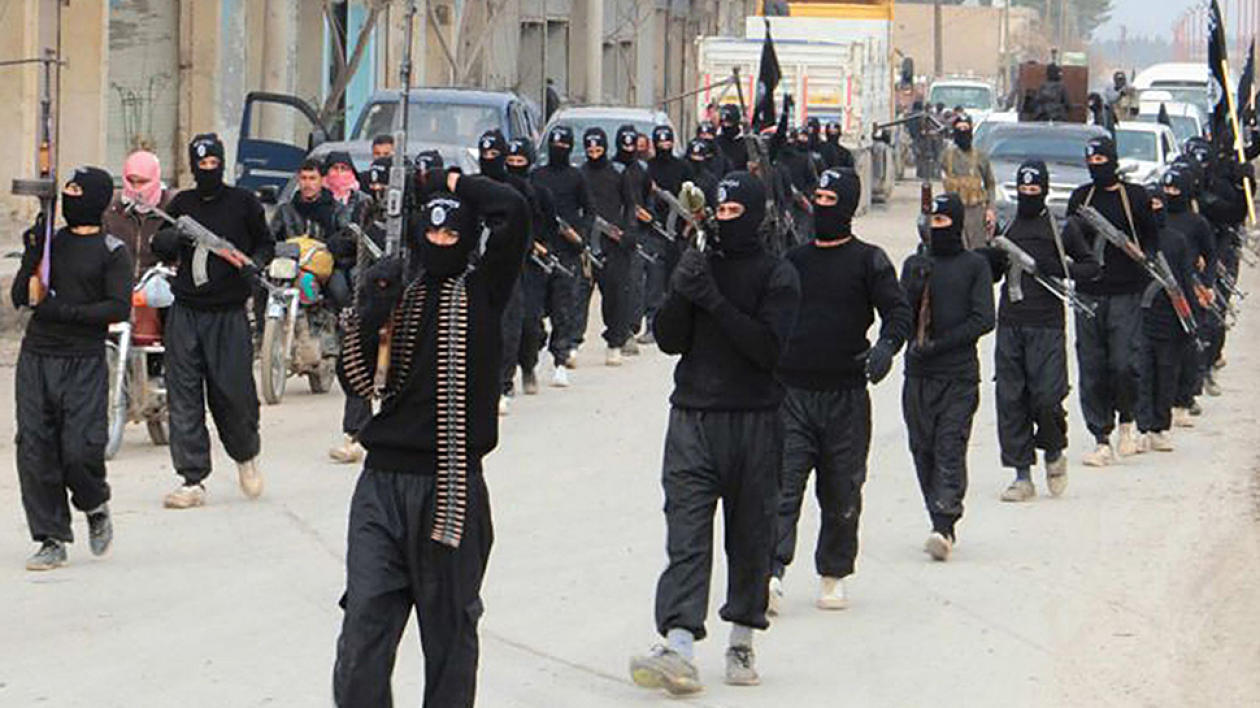
Wang Zhen, Professor and Deputy Director, Institute for International Relation Studies, Shanghai Academy of Social Sciences
May 19, 2017
Even after the city’s anticipated retaking, jihadist ideas advocated by ISIS carry certain ideological appeal, which will not go away because of the group’s military defeat in the region or the deaths of its leaders. The chaotic environments of Iraq and Syria offer a rich seedbed for continued instability, recruiting and violence.
Back to Top

- China-US Focus builds trust and understanding between the U.S. and China through open dialogue among thought leaders.
- Our Offerings
- Topics
- Videos
- Podcasts
- Columnists
- Research Reports
- Focus Digest
- Stay Connected
-
Thanks for signing up!
- Get the latest stories from China-US Focus weekly.